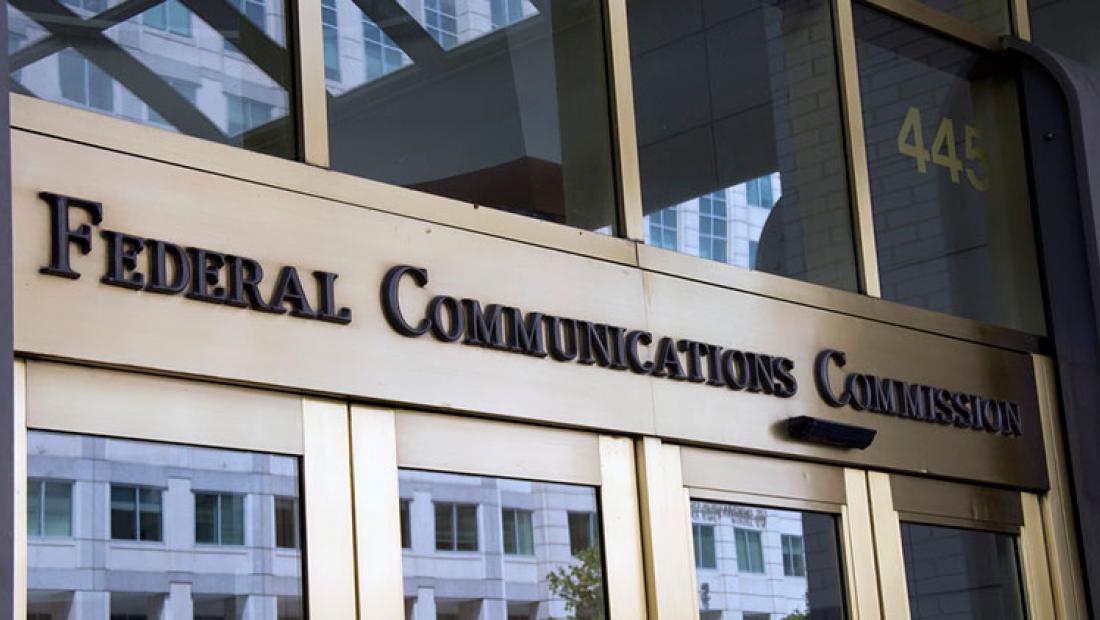Prometheus: Court Should Deny Broadcaster Motions

No surprise here, but Prometheus Radio Project and Media Mobilizing Project have asked the Third Circuit Court of Appeals to deny broadcasters' requests that the court allow them to argue against Prometheus et al.'s challenge to the FCC's broadcast deregulation.
Prometheus and Media Mobilizing Project last week asked the U.S. Court of Appeals for the Third Circuit to block the FCC's November broadcast ownership deregulation and direct the commission to better gauge the impact of its deregulatory decision on diversity.
That drew pushback from various broadcasters, who asked the court to allow them to weigh in on why Prometheus was off base and the FCC decision should stand.
Those broadcaster requests came from the National Association of Broadcasters and Sinclair, Nexstar, Bonneville, News Media Alliance [newspaper owners backing the FCC's elimination of crossownership rules], Twenty-First Century Fox and parent, News Corp.; and Connoisseur Media.
Related: NAB Seeks to Intervene Prometheus Challenge of FCC Decision
In its response to the court, Prometheus et al said none of the broadcaster arguments against the stay get to the nub of the issue, which is "whether and how the FCC has complied with the prior mandates of the Court," specifically its directive on gauging the impact on diversity. "While NAB/Sinclair’s proposed opposition briefly alludes to the merits of Citizen Petitioners’ arguments," Prometheus said, "they merely parrot the FCC’s own decision and add nothing to what the Commission can and has said in its properly-filed response to this Court’s January 25, 2018 Order."
The court ordered the FCC to weigh in on whether its decision should be stayed and the court should direct it to consider diversity. The FCC said it had considered diversity in making its decision.
How the FCC changes the rules will affect how Sinclair, the nation's largest broadcast group (and other broadcast groups), can grow and perhaps how its current deal to merge with the Tribune stations will be structured. The Department of Justice is still vetting the merger and, while deal watchers had been expecting a decision by now, it could be waiting to see how the court rules on the FCC decision.
A longstanding opponent of the FCC's broadcast ownership rule decisions--under both Democratic and Republican Administrations--Prometheus asked the U.S. Court of Appeals for the Third Circuit to force the current FCC to address diversity issues that court has long told the commission to address, and delay any deregulation of local ownership rules until that happens. That came in an emergency request for a writ of mandamus filed by Prometheus Radio Project and Media Mobilizing Project last week, which the FCC opposed, and broadcasters asked the court to allow them to weigh in in opposition as well, saying they would be the ones most affected by a stay of the deregulatory rules.
On Nov. 17, as part of the congressionally mandated Quadrennial media ownership reg review, the Republican FCC majority, under Pai assailed by FCC Dems who strongly dissented, eliminated some decades-old broadcast regulations and loosened others in what broadcasters have argued is necessary to allow them to remain relevant in a sea of less-regulated competitors.
The order eliminated the newspaper-broadcast and the radio-TV cross-ownership rules; allowed dual station ownership in markets with fewer than eight independent voices after the duopoly, creating an opportunity for ownership of two of the top four stations in a market on a case-by-case basis (the FCC is not calling it a waiver); eliminates attribution of joint sales agreements as ownership; and creates an incubator program.
In doing so, the FCC reversed a decision by the previous FCC Democratic majority to leave most of the rules in place. Prometheus had challenged that decision, too, not because it had left most of the rules in place, but because Prometheus said it, again, did not sufficiently take diversity into account, which would have led to imposing more regs, not simply leaving most in place. That earlier challenge has yet to be resolved and Prometheus also asked the court this week to consolidate this challenge with that one.
Prometheus argues that the Pai FCC also failed to respond to the Third Circuit's direction, in remanding a previous attempt to deregulate, that it get better data on ownership diversity before deregulating.
The recent FCC decision under Pai did also initiate a rulemaking on creating a diversity incubator program and to consider the definition of eligible entity, but that did not cut it with Prometheus.
Broadcasting & Cable Newsletter
The smarter way to stay on top of broadcasting and cable industry. Sign up below
Contributing editor John Eggerton has been an editor and/or writer on media regulation, legislation and policy for over four decades, including covering the FCC, FTC, Congress, the major media trade associations, and the federal courts. In addition to Multichannel News and Broadcasting + Cable, his work has appeared in Radio World, TV Technology, TV Fax, This Week in Consumer Electronics, Variety and the Encyclopedia Britannica.

